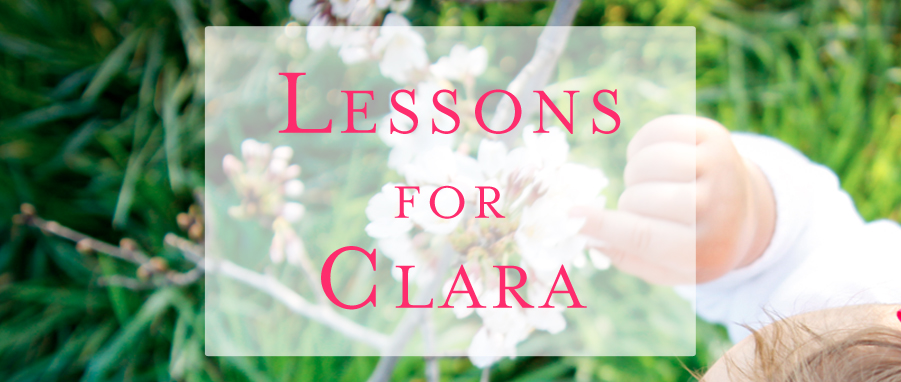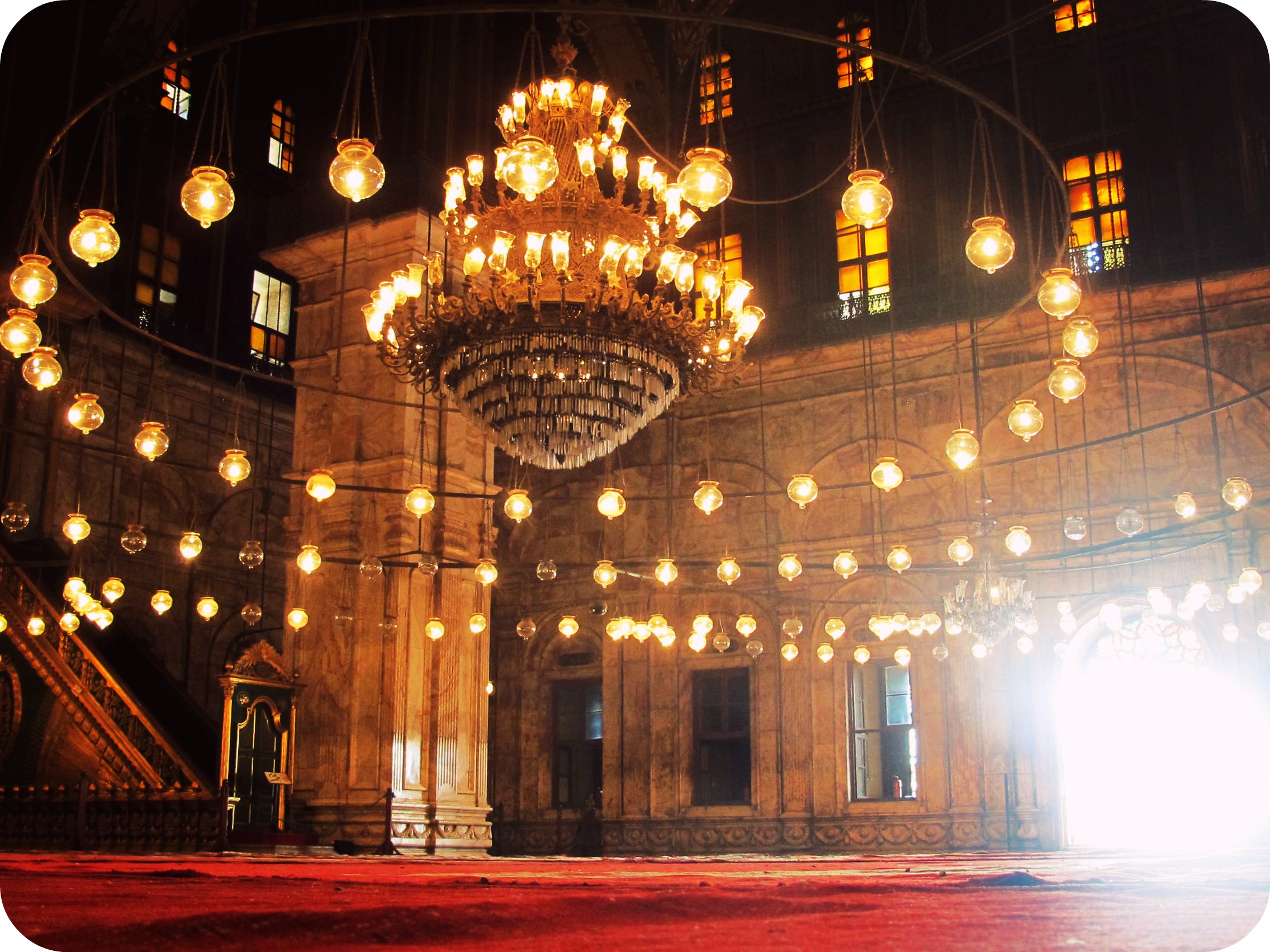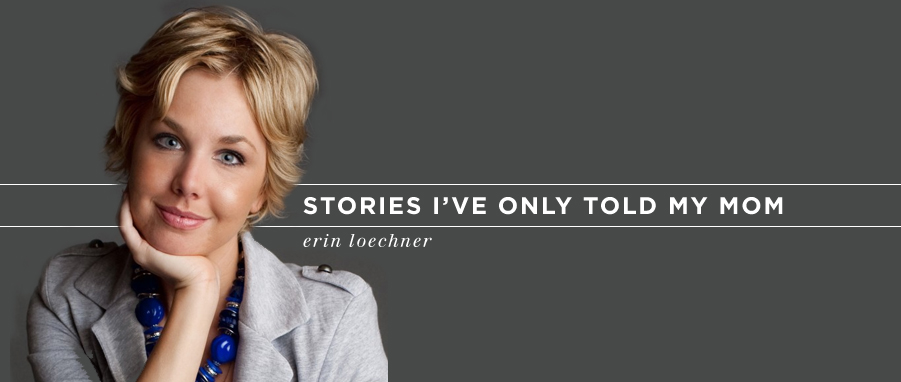As a newly minted single mother, I am constantly feeling like I’m just hanging on and getting by. I found myself almost two years ago in this position unexpectedly at 30 when I realized that my five year marriage was over. I had to marshal internal and external resources I didn’t know I had to sustain a very new way of life. While this became both one of the most challenging experiences in my life to date, it also simultaneously became one of the most liberating decisions I’ve made. I recognize each person’s story and path through relationship difficulties vary. We heal at different points, we move on or stay for different reasons, and our needs are uniquely our own. We must own all of these realities and decide for ourselves and in my case, for my son. Time has passed, a heart is mended, and I am now stronger. I feel like a more engaged mother not only because I have to be, but because I truly am “parenting while awake” instead of on autopilot hoping dad was picking up where I slacked off. I also found once I opened up a bit about my situation, the outpouring of love and support was abundant, especially from friends - old and new. It's been such a beautiful experience for me. It's changing me daily. I love my new life and would not change it for the world. I am thankful and grateful every day for the freedom I have to live, think, feel and most importantly love in the way that is truly mine.
But as of late, as I move into year two, I am beginning to look for ways to move beyond sustaining and onto flourishing. I learned of this concept at work conference this winter that made me think of an old word in a new way. The presenter challenged the attendees to move beyond thinking of sustainable community projects to ones that flourish. So, I think about that word again “flourish” in this particular moment while I am surrounded by the enchantment of another New York City spring. Flowers in bloom, birds chirping, the lush green trees outside my office are bright and billow in the breeze. Nature is reminding me daily of this concept of flourishing. So I ask myself quietly as I sip my morning tea, am I flourishing toward authenticity or merely sustaining? I think it is much closer to the latter. So I ask myself another question, how do I move toward authenticity?
In trying to apply this notion of flourishing outside of my work context and into my personal life, I came across two complications: flourishing requires (1) multiple resources (assuming one has resources) and (2) self-awareness to develop a formula or process to flourish. Let me try to untangle these two contentions.
Like with any new endeavor, it takes resources to begin, sustain, and most importantly flourish. The kinds of resources I would argue are necessary for one to flourish would include financial, human and emotional resources. So if for example I were to create a plan to flourish, it might look something like this:
- Financial resources might include an upgrade from the local gym to a national chain gym that has a sauna, swimming pool and the latest Yoga classes. In my case, this would require an additional $160/month for gym membership.
- In terms of human resources required, I would invest time in engaging with friends, mentors, and family. Spending weekly time with others takes away personal time, and usually time with friends includes meals, coffee or cocktails incurring further costs. Let’s say an additional weekly meal with a friend would be at minimum $35/week at $140/month, not including the cost of time lost from personal time (to read, do laundry, run errands, to parent, etc.).
- And the emotional resources required might include some use of cognitive behavioral therapy techniques in developing positive thinking patterns and affirmative language. One might seek out a life coach, therapist or self-help books to re-frame one’s psycho-social wellbeing. Hiring a coach or therapist would be significant cost factors though let’s be conservative and say, I’d order a handful of used self-help books at $75.
In just one month, it could require at minimum $375 for me to “flourish.” That’s an additional resource investment that I’m not sure I could take on. Should it cost that much for me to flourish? I don’t know, but it is something we should think about when we envision our lives blossoming like a spring flower.
Secondly, I also recognize that there is no formula to flourish. Each person’s recipe for flourishing will require different ingredients (and resources!). Just like each person has their own personality, disposition, aura, etc., I also believe that one’s formula to flourish should be tailored to fit an individual's needs. Most importantly one has to have a level of self-awareness to figure out what the ingredients would be to flourish. In having had the luxury to critically examine my life in the past year and a half, I imagine my recipe for flourishing would read something like this:
- 2 cups of balance
- 3 teaspoons of moderation
- 5 cups of patience
- 3 tablespoons of discipline
- a dash of persistence
- a sprinkle of creativity, flexibility and positivity
How would your recipe read?
In the end, the concept of flourishing is more complex to overlay in my personal life than I had imagined when I heard the remarks at the conference. While I might have more questions than I do answers, what I do know is that it really boils down to the language and framing around how I choose to live my life. I now choose to flourish and will figure the rest as I go along.
I close this post with a quote that I simply adore that I found on a card I received in the mail, and it reads in Spanish: “La verdadera magia consiste en aprender a tener una vida equilibrada y sana, y aprender a disfrutarla” (The real magic consists of learning how to have a balanced and healthy life and to learn how to enjoy it). So as I journey through life, I will remember that it is the everyday magic of enjoying a balanced and healthy life that will allow me to flourish in this world.































